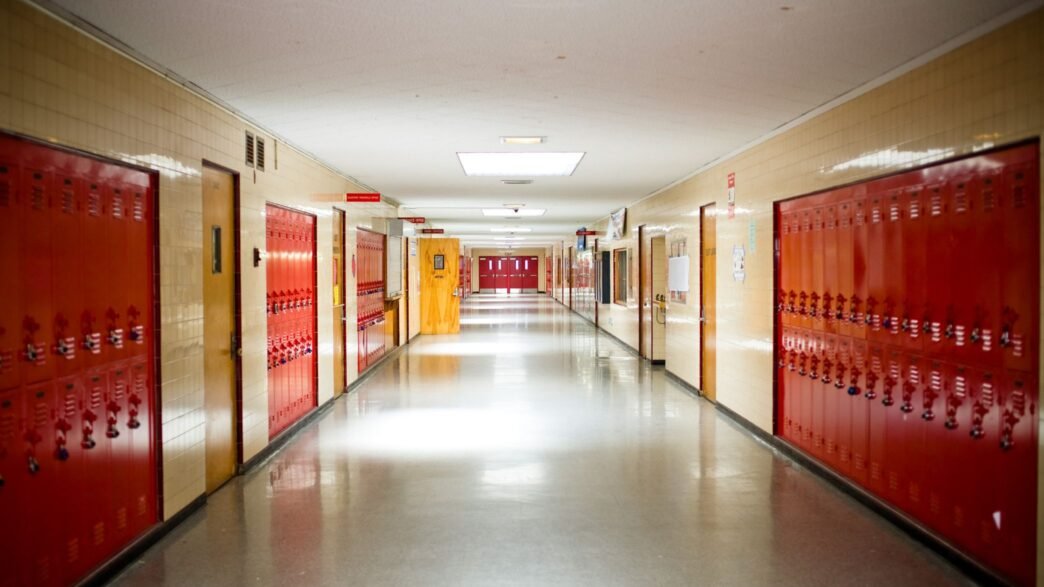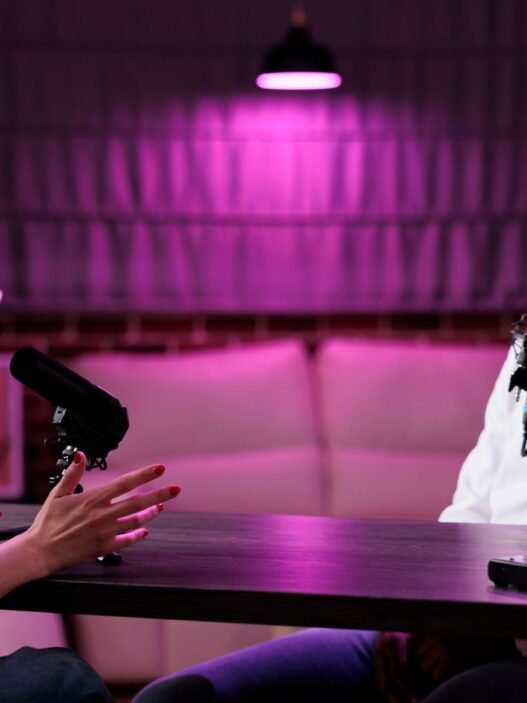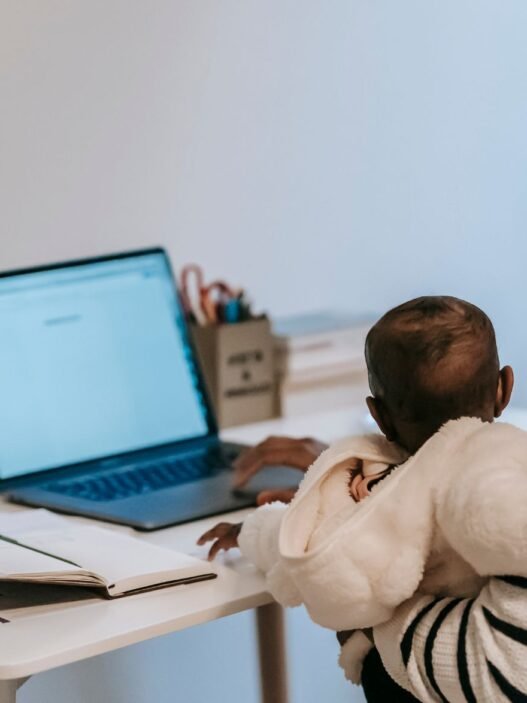Here’s what we know:
On September 4, 2024, Apalachee High School in Winder, Georgia became the site of a devastating shooting, leaving the community in shock and sparking renewed debate over mental health and gun control.
The incident claimed the lives of several students, including:
- Mason Schermerhorn, a 14-year-old student
- Christian Angulo, a 14-year-old student
- Richard Aspinwall, a teacher
- Christina Irimie, a teacher
The adults killed were both math teachers, and Aspinwall was also an assistant football coach, according to the school’s website.
Nine other people — eight students and one teacher — were wounded and hospitalized, all of whom are expected to survive.
The suspected shooter, identified as a 14-year-old student Colt Gray, was a former student at the high school with a documented history of mental health struggles, according to reports from CNN.
Here’s a timeline of the tragic event and the ongoing investigation.
Timeline of the Tragedy
- Morning of September 4, 2024: At approximately 9:45 a.m., the first gunshots were heard on the school campus, triggering an immediate lockdown and frantic calls to 911.
- 10:20 a.m.: Local law enforcement arrived on the scene as students and staff attempted to find safety in classrooms and hallways.
- 10:45 a.m.: The shooter was apprehended following a brief standoff, during which several victims had already been shot.
- 11:15 a.m.: Authorities confirmed multiple casualties and injuries. The school was evacuated, and the surrounding area was secured as police began investigating the shooter’s background.
The shooter, according to early investigations, had been struggling with mental health issues for years, leading to intense discussions around the intersection of mental health care, gun control, and school safety.
Mental Health and Gun Violence: A Complex Debate
In the wake of this tragedy, many have pointed to the shooter’s mental health as a key factor in the attack.
Supporters of this view argue that the warning signs were there—Colt Gray had exhibited troubling behavior in the months leading up to the shooting.
They stress that better mental health services, earlier intervention, and support for individuals in crisis could prevent such tragedies from occurring in the future.
However, critics of this perspective emphasize that focusing solely on mental health ignores broader systemic issues.
According to the American Psychological Association, individuals with mental health disorders are more likely to be victims of violence than perpetrators.
Blaming mental illness risks perpetuating harmful stigmas while failing to address other factors that contribute to gun violence.
The Gun Control Debate
Alongside mental health discussions, the ease with which the shooter obtained a firearm has raised serious questions about gun control.
Advocates for stricter gun laws argue that mental health alone is not the problem—easy access to high-powered firearms, even for individuals with red flags in their background, is a significant concern.
In the case of the Apalachee High School shooter, questions have surfaced about how they were able to acquire the weapon used in the attack.
Advocates are pushing for more stringent background checks, particularly for individuals with a history of mental health issues or violent tendencies.
Conversely, gun rights defenders argue that the problem lies not with the firearm, but with the lack of mental health care.
They maintain that focusing on gun control won’t address the root cause of such incidents and that the right to bear arms should be protected, with the emphasis placed on mental health interventions instead.
Navigating These Complex Issues with Compassion
As the investigation into the Apalachee High School shooting unfolds, it’s clear that the issues of mental health and gun control are deeply intertwined, yet separate.
Blaming mental illness alone risks further stigmatizing those who are already vulnerable, while ignoring the clear need for gun safety reforms overlooks a critical component of the problem.
To move forward, a balanced approach is needed. We must prioritize better mental health care—making it more accessible, destigmatized, and proactive in addressing crises before they escalate.
At the same time, we need a serious national conversation about gun control, focusing on policies that prevent firearms from ending up in the hands of those who may harm themselves or others.
What Happens Next?
The investigation continues, with local authorities focusing on the shooter’s background and how they were able to obtain a firearm.
As the Georgia community mourns the loss of young lives and grapples with the trauma of this event, it is crucial that we find ways to address both mental health care and gun safety.
Reflecting on the lives lost, our focus should be on creating meaningful change—both in how we approach mental health and in how we regulate firearms—to ensure safer schools and communities for everyone.























